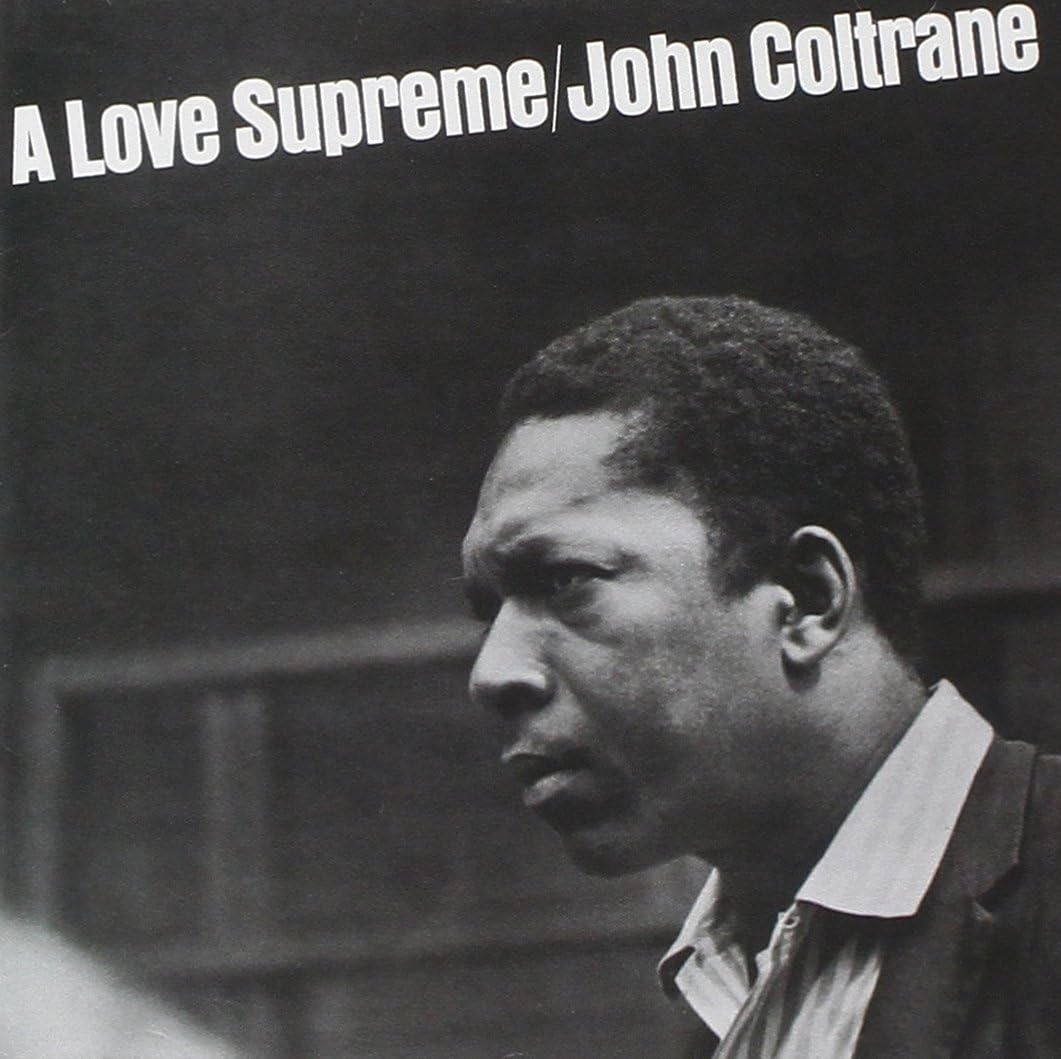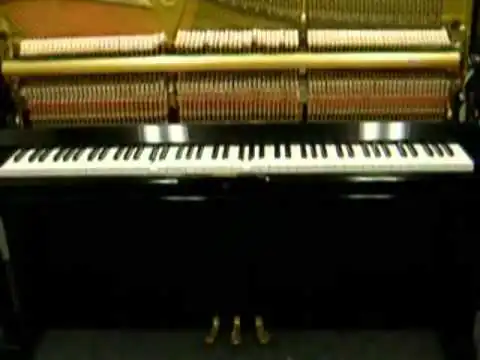- 3 Posts
- 3 Comments
Joined 1 year ago
Cake day: June 30th, 2023
You are not logged in. If you use a Fediverse account that is able to follow users, you can follow this user.
 3·1 year ago
3·1 year agoFYI, it took me forever to post this. It would always hang when I hit the “post” button. Lemmy’s servers must be struggling with the new traffic. Refreshing and immediately posting seems to help.
I said I would come, and here I am.




You might have misread Krenek. He acknowledges the present existence of a copyright system that grants inheritors royalties for a period following the composer’s death. His proposal is more radical: a tax upon the earnings of performances that would go towards a fund that would offer assistance to performers in the early prt of their career. This would have the effect of nurturing a lineage of musicians going forward rather than pulling up the ladder to screw future generations.
In fact, just a few years after this publication, the American Federation of Musicians established the Music Performance Trust Fund to collect royalties from the recording industry and pay out-of-work musicians to perform free public concerts. The recording industry successfully lobbied against the AFM to dismantle the MPTF as it existed and put themselves on the board jointly with the AFM.
Krenek was a communist and certainly imagined that a reformed royalties system—one that worked along the lines of labor unions rather than simply benefitting composers’ families—would be transformative on the creative industry. Indeed, without these measures, workers in creative fields have been forced to compete with each other, cheapening their labor like chumps while capitalists profit mightily from their efforts. See, for example, VFX artists’ working conditions.